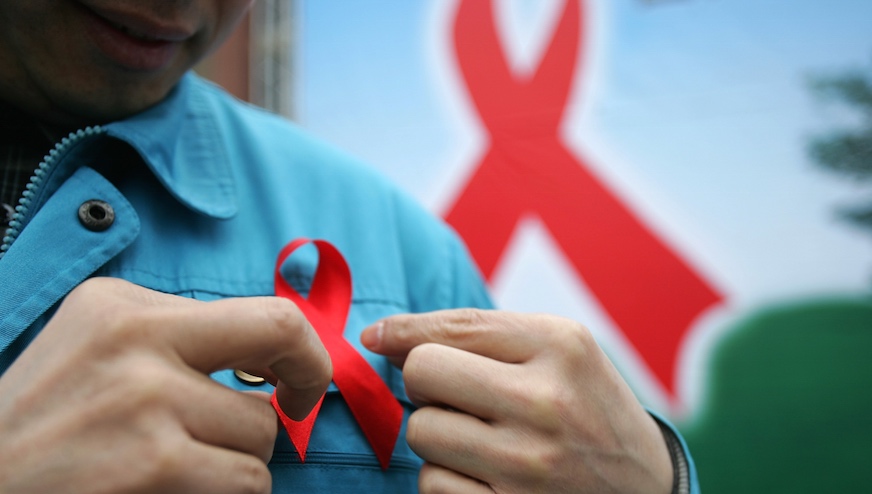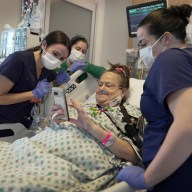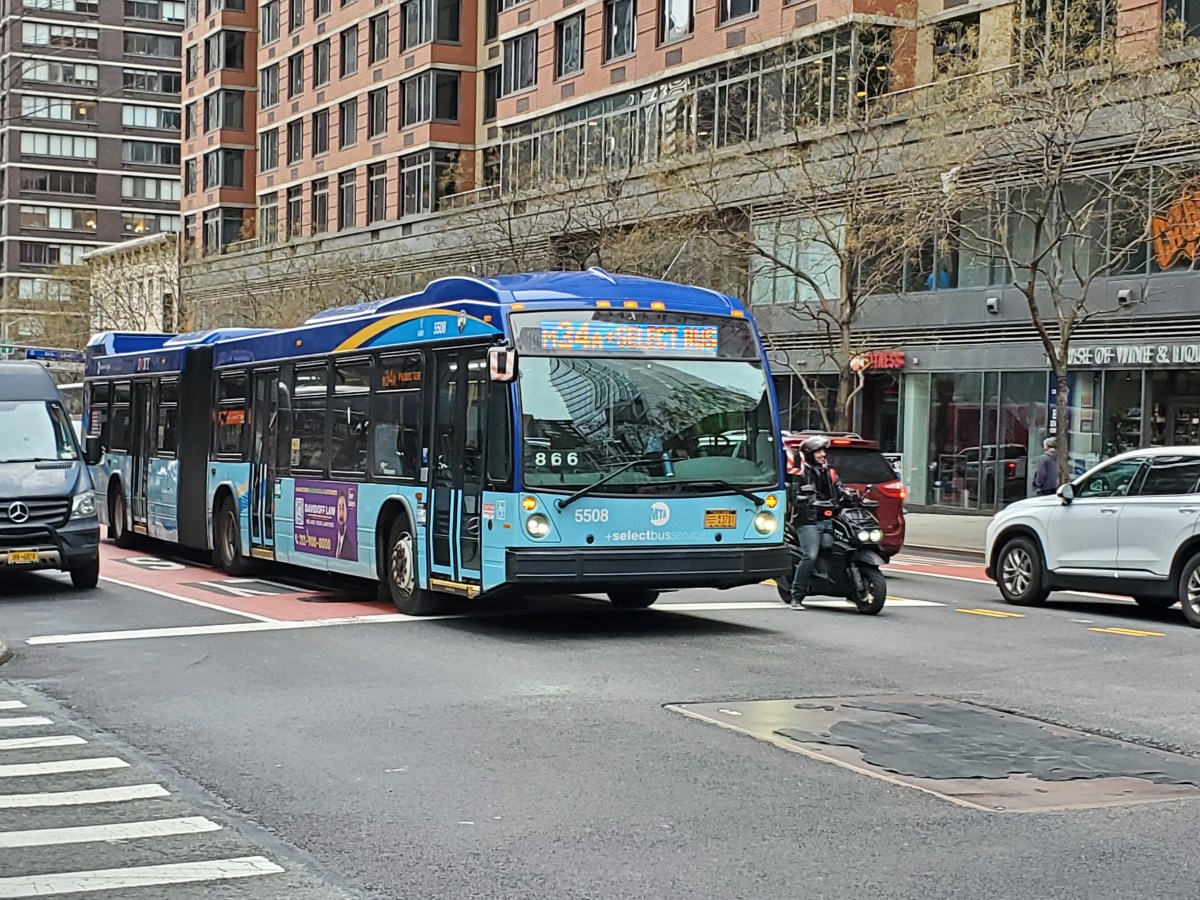With all the conversation around the Affordable Care Act, Medicare for All, and the overall future of healthcare in the country, the average New Yorker has become as conversant in the nuances of health policy as the typical lobbyist a generation ago.
But one aspect of our current health insurance system remains relatively obscure, even to those who could use it: The special needs health plan (or SNP). One of them, Amida Care, was organized to help some of the most vulnerable New Yorkers, particularly in the LGBTQ community.
Founded in 2003, the nonprofit organization serves local Medicaid recipients who are HIV positive, along with Medicaid recipients who are transgender, regardless of HIV status. With 7,500 members, it’s the largest SNP in the state, a hybrid of access and advocacy that may seem alien to those with employer-based health insurance or an ACA plan.
“Our mission is to support access to whole-person care and services so our members can get about the business of living their authentic lives,” says Doug Wirth, Amida’s CEO. “We’re a vocal leader in advocating for the healthcare needs and social-justice rights of the LGBTQ community. As you can imagine, this advocacy is all that much more important, given the current political climate.”
In addition to referring plan members to primary care, mental-health services and addiction support, Amida Care helps transgender members to access gender-affirming hormones and surgery. HIV-positive patients are aided in obtaining medication to make the virus undetectable, and HIV-negative customers are able to obtain PrEP so they can stay that way. According to Wirth, 65 percent of the plan’s members of trans experience have gotten gender-affirmation help, 25 percent of members overall are accessing PrEP, and 80 percent of the plan’s HIV-positive members are undetectable.
The recent scientific conclusion that HIV-positive people who are undetectable can’t transmit the virus to their HIV-negative partners has helped reduce the stigma around HIV care, but there is still a long way to go, says Wirth. “Our members were very skeptical initially, because they’ve been told by health care providers and public health officials for decades that it was quite easy for them to transmit the virus,” he says. “For many of them, being openly HIV-positive in their communities is still a risky thing. So it’s even more important than they have a healthcare provider where they can come in and talk freely. The worst possible outcome is to feel like you have to hide who you are in the doctor’s office.”
Amida Care contracts with local Medicaid providers to be part of the plan’s network. Overall, the organization is funded through state and federal Medicaid budgets; private donations support a member-wellness program that provides nutrition and fitness services. But the vast majority of the plan is reliant on Medicaid dollars. Recent fluctuations in New York State revenue — along with talk of Medicaid cuts in Washington — makes Amida, and SNPs like it, as vulnerable as their members. Wirth would like to see the plan extend to all Medicaid recipients who are at elevated risk of contracting HIV. (Currently, the plan is only eligible to serve HIV-negative people who are of trans experience or homeless.)
For him, talk of Medicaid cuts reduces people who are already marginalized to lines on a balance sheet. “People may not realize that 60 percent of people who receive Medicaid work, in small businesses or companies without health plans,” says Wirth. “One in every 10 veterans’ healthcare is paid for through Medicaid. Medicaid is a really important healthcare program in this country, and we are always concerned about attacks on Medicaid at the federal level.”



















